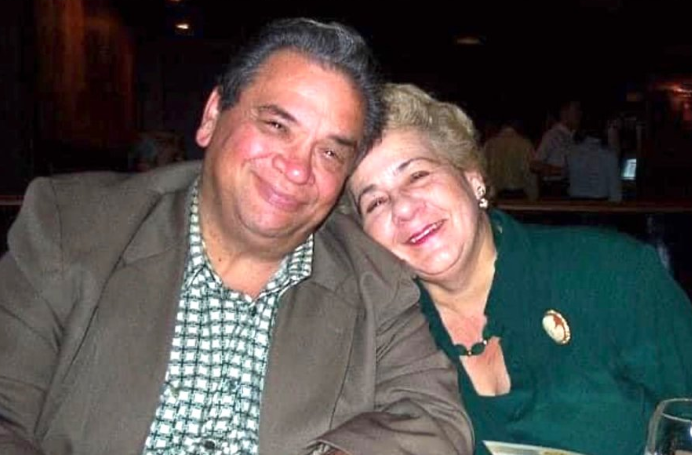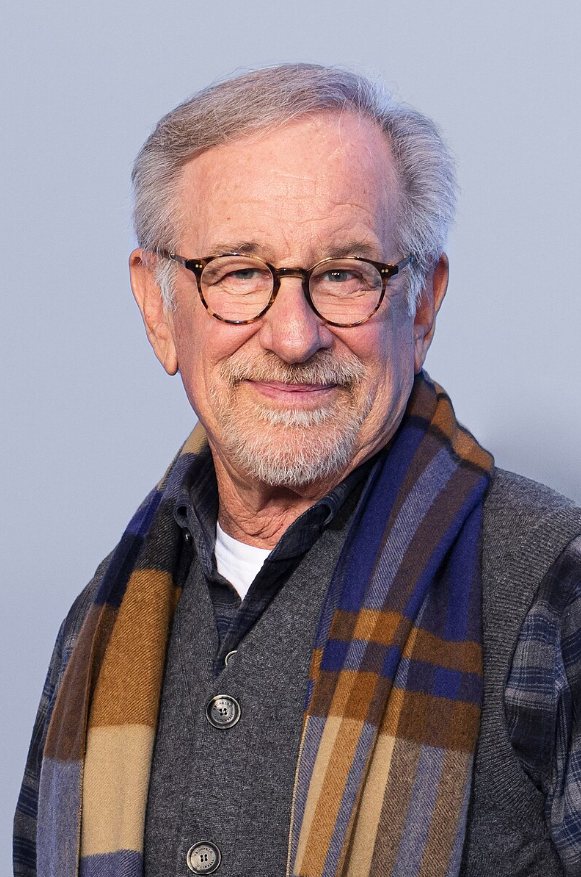“Come and See,” a film that dives deep into the dark waters of World War II’s brutalities, has earned the title of the highest-rated narrative feature film of all time on Letterboxd. Released in 1985 and set during the Nazi occupation of Belarus, this film is a stark reminder of the horrors of war, experienced through the eyes of a young Belarusian teenager.
The film’s title is a reference to the Book of Revelations, setting a foreboding tone for the narrative that unfolds. The movie is relentless in its commitment to portraying the ruthless atrocities committed by the Nazis in Eastern Europe, ensuring that viewers are not shielded from the grim realities of war.
One particularly grueling 25-minute sequence in the film, which depicts the massacre of a village, has been described as “the most sickening…sequence from hell.” It’s a vivid portrayal that leaves an indelible mark on the audience, making “Come and See” a film that’s difficult to watch yet impossible to forget.
The story is adapted from the novel “Khatyn” and the memoir “I Am from the Fiery Village,” both of which draw upon the testimonies of survivors from the Nazi occupation. This grounding in real-life accounts adds a profound layer of authenticity to the film, amplifying its impact.
While the film is lauded for its artistic and narrative prowess, being dubbed “the greatest war film ever made” by some, it is also revered for its poignant anti-war message. “Come and See” doesn’t just showcase the horrors of war; it vehemently protests against it, offering a powerful commentary on human suffering and resilience.
The resurgence of interest in “Come and See” following its re-release has introduced the film to new generations, allowing it to maintain its relevance and continue its legacy as a cinematic masterpiece that both educates and evokes a deep emotional response.
As much as “Come and See” is a historical recount, it’s also a timeless reminder of the atrocities that humanity is capable of, urging current and future generations to remember and, hopefully, learn from the past.




